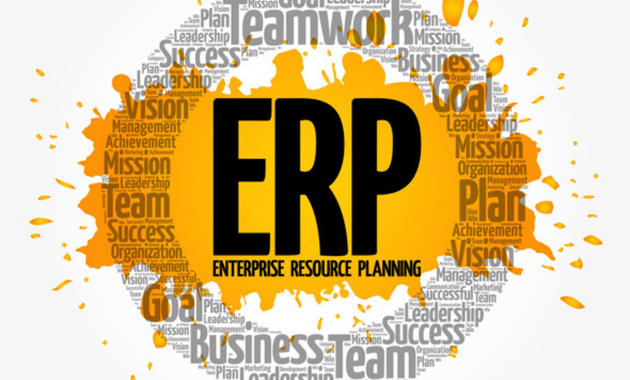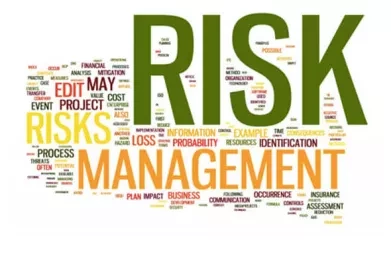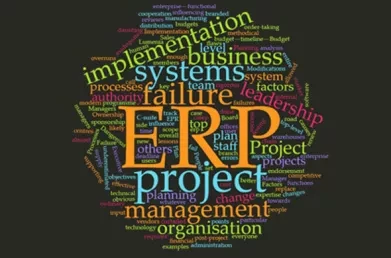4 tips for novice ERP Project Managers
Managing an ERP implementation can be a tough assignment, especially for those with little experience of such a role but nominated for the task by their organisation. Here are four tips for the novice ERP project manager.
#1: Have a project plan
Clearly this is such a basic requirement for any project that it should go without saying! However the rookie ERP project manager (PM) often gets a rude awakening when they sit down to put the plan together. Very often the ERP vendor will have produced an implementation project plan at some stage during the selection process. Many inexperienced PMs make the mistake of assuming that this is a plan for the entire ERP implementation. However the ERP vendor generally will have included little to nothing in the plan in relation to all of the internal activities that are required to deliver the project. Remember that for every day of services provided by the ERP vendor your internal team are likely to burn two or three days of time. That’s a lot of work for even a small implementation, and neglecting to include that activity in the plan is potentially disastrous. There should only be one plan, developed by the project manager, which everyone, including the vendor, has to work to.
#2: Make sure everyone (project team, vendors, stakeholders) knows what they're supposed to be doing
Again it seems like this is stating the obvious, but many of the internal project team members will be new to projects of this nature. Even stakeholders such as business area owners and the project sponsor may not have been involved in a project like this before. Hopefully your ERP vendor will bring their experience to the party, but the others will look to the project manager to guide them. Roles and responsibilities need to be defined and clear tasks (with deadlines) need to be assigned to project team members and regular (possibly informal) progress updates should be scheduled with the project sponsor.
#3: Measure progress versus the plan regularly
This is another area where an inexperienced PM can run aground. Even if a good project plan has been developed at the start of the project there will always be changes as the project evolves and develops. Things may not go according to plan, activities may be delayed for various reasons, risks may materialise with unforeseen consequences and unexpected task dependencies may emerge. Failing to assess progress versus the plan and re-plan regularly can lead to nasty unexpected shocks further down the line, possibly with additional costs being incurred and slippage of the project timelines. At a minimum this means regular team meetings where each team member provides a status on their activities.
#4: Manage issues
A project issue is defined as anything that potentially impacts negatively on a project deliverable, project costs or project timelines. For an ERP project the outcome is clearly going to be much less satisfactory if issues aren’t dealt with efficiently and effectively. A good ERP PM will have an issues log which is monitored on an ongoing basis and will ensure that issues are managed through to resolution as quickly as possible.
This Blog was written by John Donagher, Managing Partner at Lumenia. If you would like further information on ERP Project Management please send an e-mail to John Donagher.



